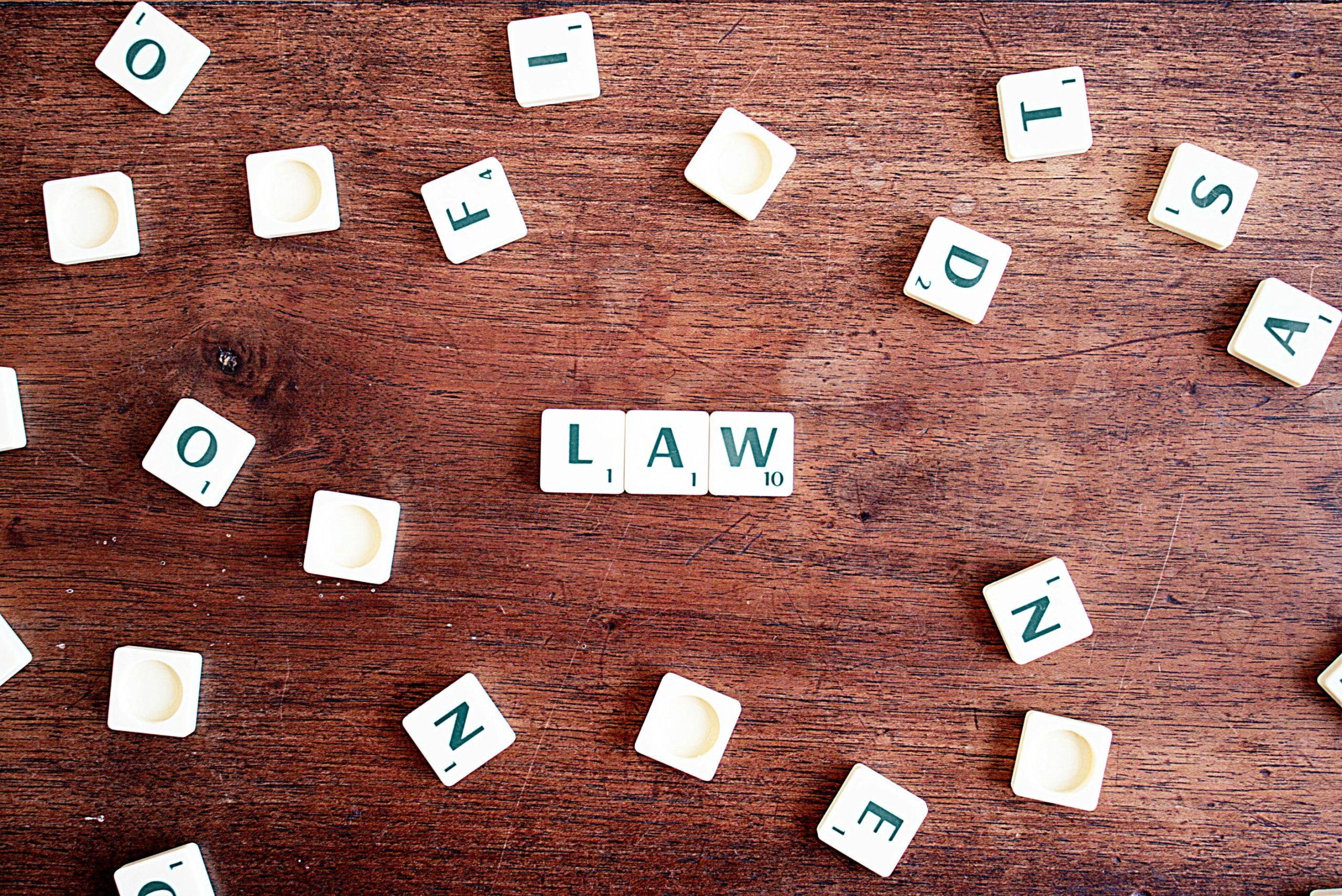When buying and selling used cars privately in South Africa, it’s important to be aware of specific government regulations and legal requirements to ensure a smooth and legally compliant transaction. Here’s a breakdown of the key legal aspects to consider:
Ownership and registration
1. Change of ownership
- The seller must notify the local vehicle registration authority of the sale within 21 days. This involves completing and submitting a ‘Notification of Change of Ownership’ form (NCO).
- The buyer must register the vehicle in their name at a vehicle licensing office, submitting the necessary documents, including proof of address, identification, and the vehicle registration certificate from the seller.
2. Roadworthy certificate
- While not mandatory for the sale to take place, it’s customary for the seller to provide a current Roadworthy Certificate (RWC). This certificate is necessary for the buyer to register the vehicle in their name. The RWC certifies that the vehicle meets the minimum safety and environmental standards as required by South African law.
Financial considerations
1. VAT and taxes
- Private vehicle sales are generally not subject to VAT. However, the buyer will need to pay vehicle license fees and may need to clear any arrears on the vehicle before it can be registered.
2. Transfer duties
- There are no transfer duties on vehicles, but a nominal transfer fee is charged by the licensing department when the vehicle is registered in the new owner’s name.
Legal documents
1. Sale agreement
- It’s advisable to draft a vehicle sale agreement between the buyer and seller. This should include details such as the make, model, VIN (Vehicle Identification Number), agreement date, purchase price, and terms of sale.
- The agreement should state the condition of the sale, whether the vehicle is sold ‘as is’ (voetstoots) or under certain conditions.
2. Receipts
- Ensure receipts are issued for any payments made. These should include the date, amount, and signatures of both parties.
Consumer Protection Act (CPA)
- While the CPA primarily covers transactions and warranties within business contexts, private sellers are also required to ensure that the vehicle is sold in the condition described. Any known defects must be explicitly declared. Misrepresentation can lead to a transaction being reversed under the CPA.
Voetstoots clause
– Private car sales are traditionally done voetstoots, meaning the buyer accepts the vehicle ‘as is’, including all visible and hidden faults. However, the seller cannot use this clause to cover up known defects and must disclose any known issues with the vehicle.
Tips for compliance and safety
- Verify Identity: Both parties should verify each other’s identities and proof of residence to avoid fraud.
- Secure Payment: Opt for secure payment methods like electronic transfers over cash transactions.
- Meet Safely: When arranging viewings or exchanges, choose safe, public locations.
Following these guidelines will help ensure that both buyer and seller meet their legal obligations and protect their rights during the transaction. It’s also wise to consult with a legal expert or the local vehicle registration authority if there are any uncertainties about the process. View more of our buying advice here.


Comment